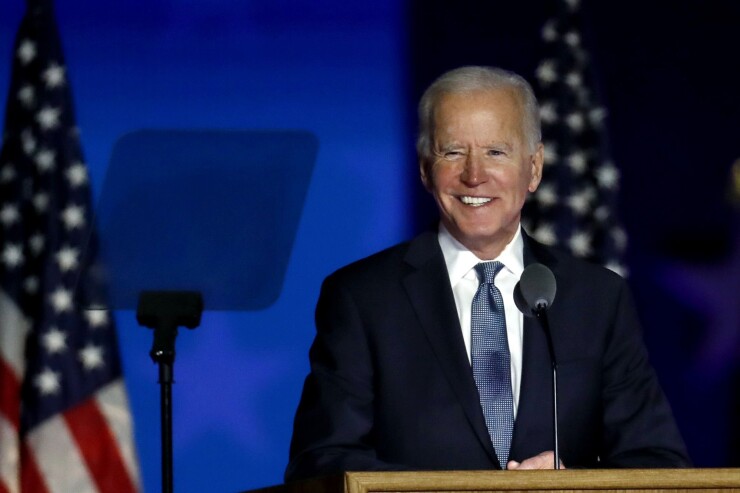The Treasury is expected to suspend the sale of State and Local Government Series securities at the beginning of August if there is no congressional deal to raise the debt limit.
Suspension of SLGS sales is used by the Treasury as it takes extraordinary measures to prevent breaching the nation’s debt ceiling.
Susan Gaffney, spokeswoman for the National Association of Municipal Advisors, said in an email, “If it comes to that, hopefully the Treasury will provide adequate notice so that issuers and their financing team can smoothly execute alternative arrangements.”

Sam Gruer, managing director of Blue Rose Capital Advisors in Millburn, N.J., said that making the adjustment would be a “nonevent.”
“We have seen SLGS underperform the open market for all but the smallest escrows,” Gruer said. “Where you are going to see the SLGS window closure cost issuers is for the really small borrowers, the $5 million to $7 million or smaller escrow. And that’s because of the fees involved.”
SLGS are typically used by state and local governments and other entities that issue tax-exempt municipal bonds because of yield restrictions and arbitrage rebate requirements under the Internal Revenue Code.
For the month ended
The likelihood of Congress not reaching a deal on the debt limit prior to July 31 appears high given that the Biden administration is committed -- at least for now -- to negotiating with congressional Republicans on infrastructure legislation.
The SLGS window has been closed 14 times since 1995, the most recent lasting just over five months from March 1 through August 5, 2019.
The two times immediately prior to that were Dec. 8, 2017 through Feb. 12, 2018 and March 15 through Sept. 11, 2017.
The SLGS program began in 1972 to assist state and local government entities in complying with IRS arbitrage regulations. The securities are not available to the general public.
One of the reasons why a closing of the SLGS window is likely this year is the Biden administration also has not yet released its full 2022 proposed budget, which will include a Treasury Department Green Book of detailed tax proposals.
Officials in the public finance sector are hoping the Green Book will contain numerous changes favorable to the muni market, including a restoration of tax-exempt advance refundings.
The role of SLGS has been significantly diminished by the termination of tax-exempt advance refundings under the 2017 Tax Cuts and Jobs Act.
There still are
The Treasury on Monday
That estimate is “based on expected outflows under its cash management policies and consistent with its authorities and obligations,” Treasury said.
Congress suspended the debt limit through July 31 of this year as part of a
The Bipartisan Policy Center
Shai Akabas, director of economic policy at BPC, issued a statement estimating the so-called “X-date” when the ceiling might be breached as sometime after the Oct. 1 start of the new fiscal year.
“That would realistically allow Congress to address the debt limit as part of an appropriations package and potentially pair that move with a longer-term reform of the statute to eliminate financial risk from these recurring episodes,” Akabas said.





